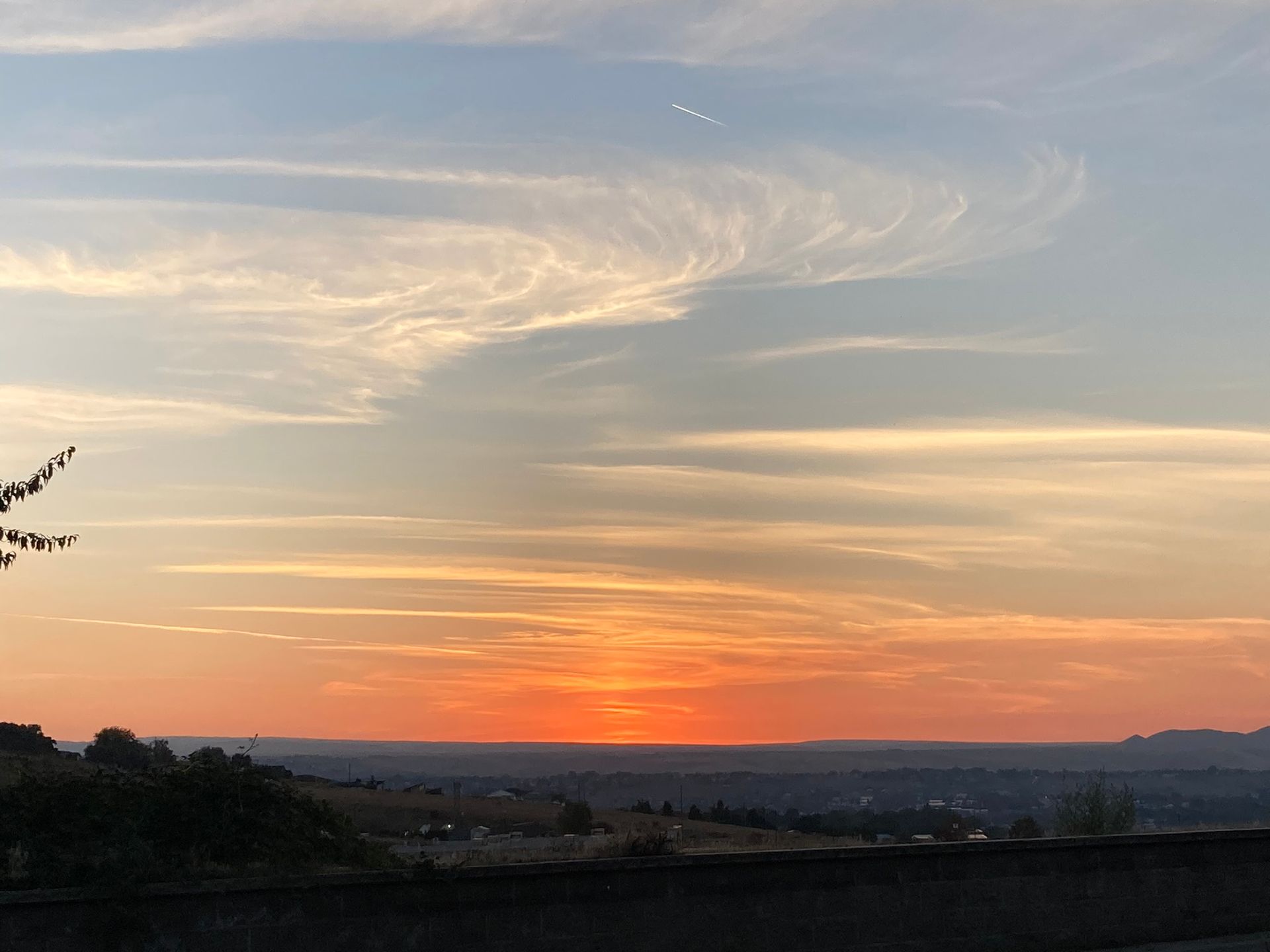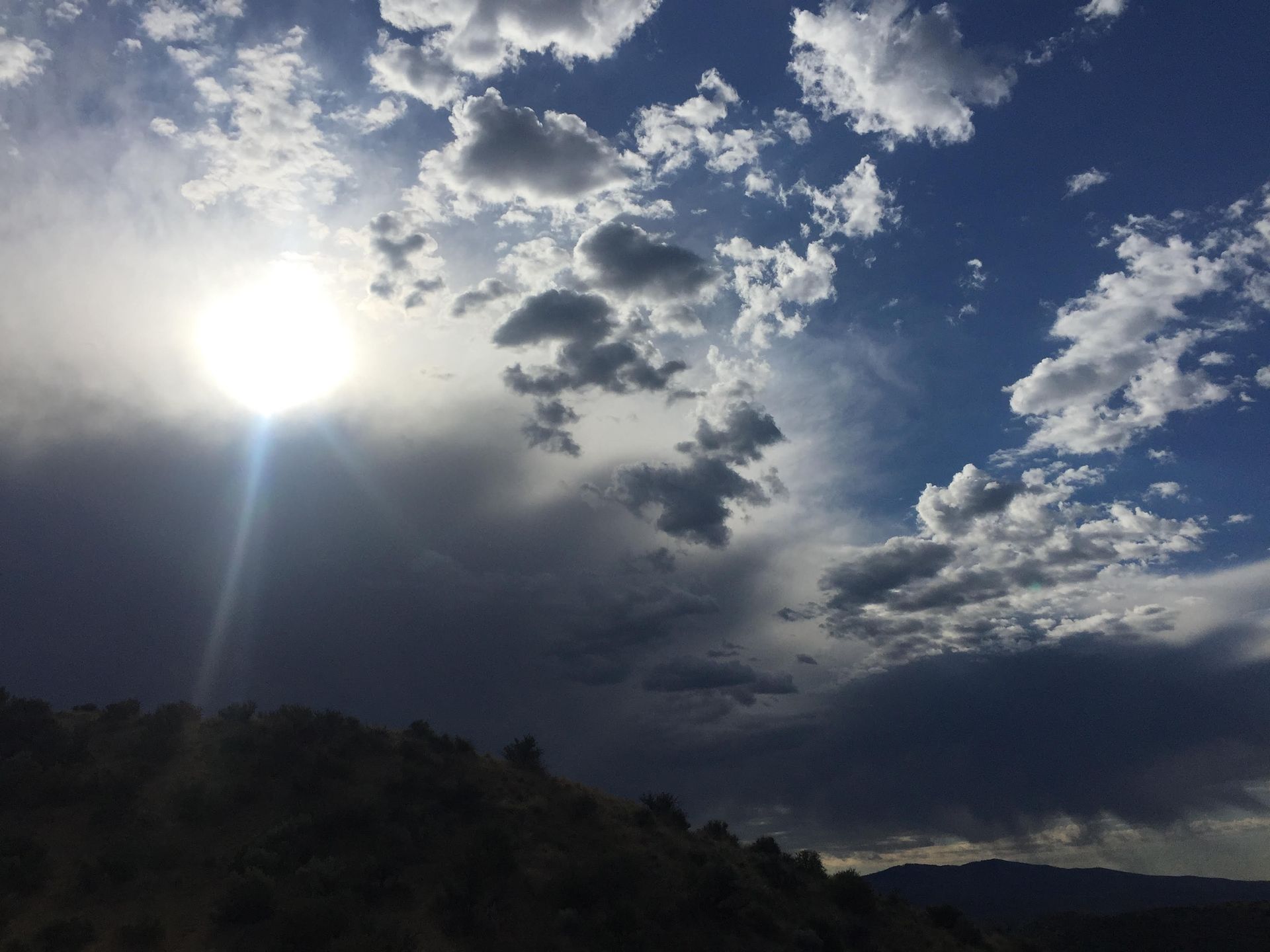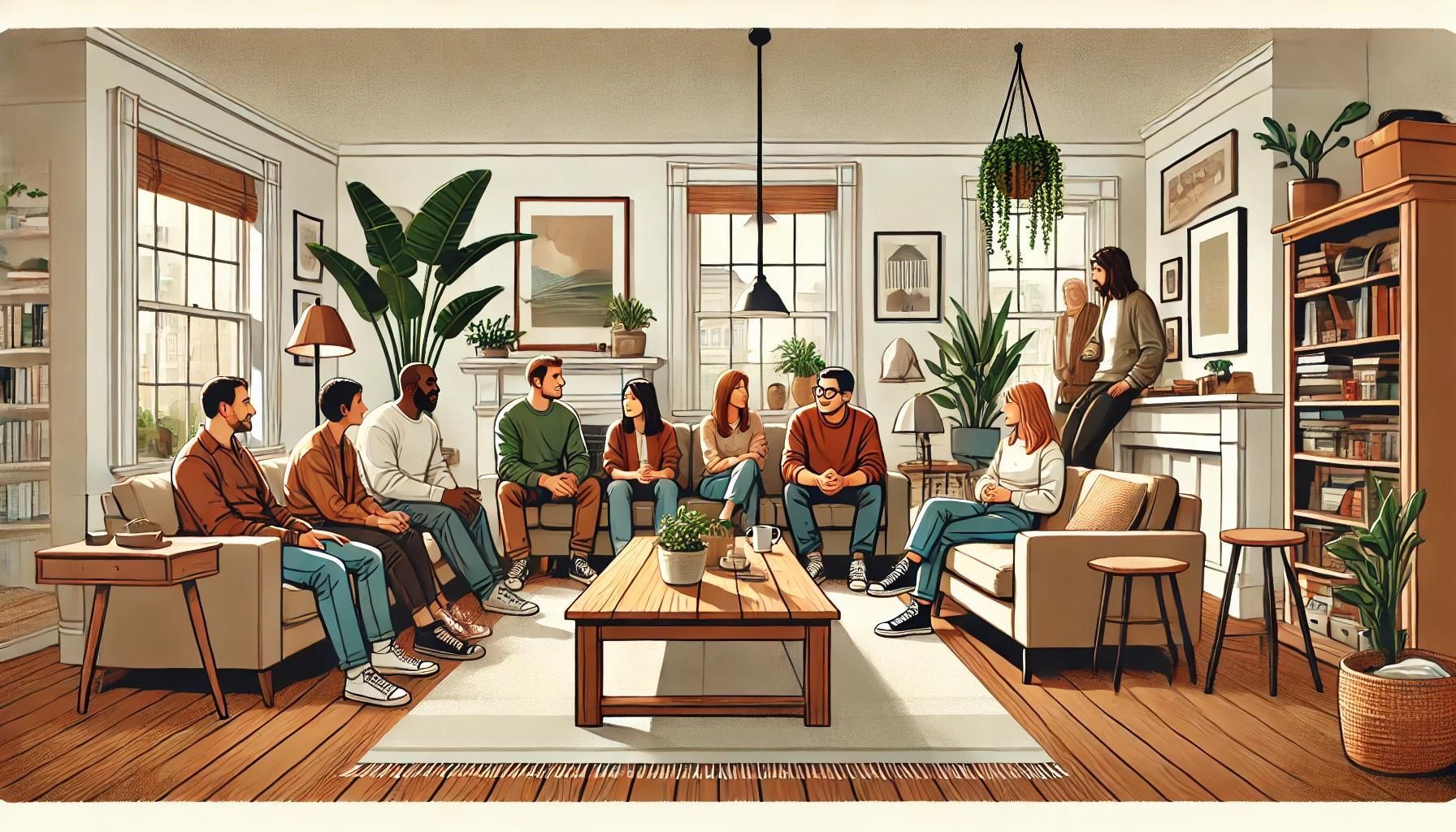Let the Lights Shine
Lights In The Darkness

The slow swing of arms and body
Pushing the air, welcoming the wind
Now lifting one leg, then another
Nestling with our sleeping puppy
Breathing in and out together
One of us sighs, then the other
A step, then another, then another
The path, covered with snow and ice
Continuing at the pace I can
A cerulean sky and
Forest boughs laden white
Surround us
Turning the page, the last pages
Racing to the end, how will it end
Wishing it would never end
Chanting, then silence, candlelight
Praying for ourselves and each other
For peace on Earth, goodwill for everyone
A small, peaceful chapel resonating
With divine peace, surrounding a candle-lit Cross
The unpretentious, the virtuous, the authentic
The spiritual
Lights in the darkness
Of the menace
The reckless capriciousness
The destructive-ness
The heartless-ness
The power (by any means) hungry-ness
The self-aggrandizing-ness
The mean-spirited-ness
of those who lead this dark era we have just entered.
Let the lights shine
---------------------------------------------------
Let the lights shine
Today, we seem a long ways from and in a much darker time than the “…shining city on a hill” that Ronald Reagan spoke about in his Farewell Address to the Nation. Where he said,
The past few days when I've been at that window upstairs, I've thought a bit of the ``shining city upon a hill.'' The phrase comes from John Winthrop, who wrote it to describe the America he imagined. What he imagined was important because he was an early Pilgrim, an early freedom man. He journeyed here on what today we'd call a little wooden boat; and like the other Pilgrims, he was looking for a home that would be free.
I've spoken of the shining city all my political life, but I don't know if I ever quite communicated what I saw when I said it. But in my mind it was a tall, proud city built on rocks stronger than oceans, wind-swept, God-blessed, and teeming with people of all kinds living in harmony and peace; a city with free ports that hummed with commerce and creativity. And if there had to be city walls, the walls had doors and the doors were open to anyone with the will and the heart to get here. That's how I saw it, and see it still.
One may not agree with everything or even much that Reagan did, or condone mistakes he made (as all Presidents do), but he was a person who believed in our democracy and our country. He had, I believe, Presidential character and integrity. He was a leader defending our country from tyrants.
Today, we seem a long ways from the "torch", John F. Kennedy spoke of in his Inaugural Address in 1961. When he said,
Let the word go forth from this time and place, to friend and foe alike, that the torch has been passed to a new generation of Americans--born in this century, tempered by war, disciplined by a hard and bitter peace, proud of our ancient heritage--and unwilling to witness or permit the slow undoing of those human rights to which this nation has always been committed, and to which we are committed today at home and around the world.
Let every nation know, whether it wishes us well or ill, that we shall pay any price, bear any burden, meet any hardship, support any friend, oppose any foe to assure the survival and the success of liberty.
One may not agree with everything or even much that Kennedy did, or condone mistakes he made (as all Presidents do), but he was a person who believed in our democracy and our country. He had, I believe, Presidential character and integrity. He was a leader defending our country from tyrants.
Both these addresses are worth watching and reading again.
Today, things seem very different, don't they?
---------------------------------------------------
We can be the light in dark times
We may be lights under bushels, but we can shine brightly against the dark even if we are mere candles. Together, the light may shine bright.
Sometimes, when I am blue just reading the latest headlines (watching or reading the news is often simply too much to bear, is too heartbreaking), I retreat to what brings me joy, peace, hope, and love. Poetry is one source. Daily contemplative work is my inner light, my own rock especially when the world seems crumbling. Music is another. Friendship and family top my list. Our Tuesday Candlelight service. Taking walks with our dog. Those kinds of things. You have your own deep sources to pull from.
Here are two songs that I love to sing in church.
Both songs call us to be means of a better world. There are many versions of these songs, here are two. Click to watch and listen.











